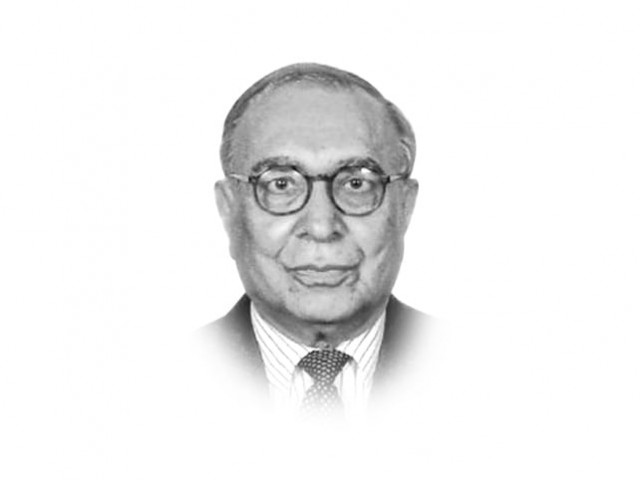To Russia, with love
Khar has negotiated a realistic framework of bilateral cooperation that may supersede a long history of estrangement.

To Russia, with love
The point about the national consensus in Pakistan cannot be overstated. What has been highlighted in the Pakistani discourse is the harm done by Moscow’s policies to the Kashmir cause, its contribution to the Indian invasion of erstwhile East Pakistan and the negative impact of extravagant Russian military supplies to India on the South Asian balance of power. What has often been played down is Pakistan’s anti-Soviet zeal in the Cold War context, including its salient role in the reversal suffered by Russia in Afghanistan, and no less importantly Pakistan’s failure to seize such opportunities as Moscow offered to improve relations.
Call it inertia or bias, powerful sections of the Pakistani establishment simply refused to acknowledge a potential change in Russian approach even after Mikhail Gorbachev’s famous Vladivostok speech signalling Soviet disengagement from Afghanistan or Andrei Kozyrev’s hints, admittedly short-lived, to develop a more even- handed South Asia policy. In my experience, Islamabad’s reluctance to explore fresh opportunities with Moscow was less attributable to American pressure and more to a flawed strategic vision in Pakistan’s strategic enclave. A couple of moments down the memory lane reinforce my perception.
In the winter of 1996, Benazir Bhutto’s government collapsed. A senior staffer of Sahibzada Yaqub Khan who had returned as caretaker foreign minister phoned me in Moscow in some panic that on his arrival in the Foreign Office that morning, the minister did not want to do anything before terminating my assignment to Moscow. I was neither surprised nor unhappy and devoted the week given to me to wind up my mission to securing Moscow’s agreement for my successor on a fast track. Unbelievably, despite instant acceptance by Moscow, the ambassador -designate never arrived and the Pakistan embassy in Moscow was without an ambassador for six months. Not just a negative signal, it was a gratuitous insult to a proud nation hurt deeply by Pakistan’s role in Afghanistan. Some seven years earlier, Prime Minister Benazir Bhutto had tasked me, as foreign secretary, with an immediate mission to Moscow mostly to assess the import of some messages she had received that promised a less violent and bloody dénouement in Afghanistan where Najeebullah still ruled. Foreign Minister Yaqub Khan opposed the mission and told me that I “would rue the day (I) set foot in Moscow”. Interpreting Bhutto’s decision positively, the Russians had designated one of their top diplomats, the highly gifted Yuli Vorontsov as my interlocutor. Intensive, occasionally heated, discussions spread over ten hours produced a body of ideas that could have conceivably led to a peaceful transition from the ill-fated Najeebullah to a broad-based Mujahideen-led government in a few months. My 14-page report tabled in a high-powered meeting presided over by president and prime minister got a short shrift as the foreign minister rubbished it; it never reached the Defence Committee of the Cabinet as ordered by Benazir Bhutto, who, incidentally, was sacked about four months later. High placed personalities told me in 1994 when I went to Moscow as ambassador that after this episode, Moscow simply despaired of Pakistani intentions.
This op-ed piece cannot do justice to the areas for future cooperation flagged by Foreign Ministers Hina Khar and Sergei Lavrov: joint action plan for trade and investment; energy including Russian interest in Thar Coal; CASA-1000 project and Turkmenistan-Pakistan-India gas pipe line; agriculture, science and technology; investment in the Karachi Steel Mills etc. Moscow’s readiness to support Pakistan’s membership in the Shanghai Cooperation Organisation (SCO) and Putin’s expected participation in a Quadrilateral summit in Islamabad denote, at long last, a basic strategic understanding. If the relationship was clouded by perpetual mistrust, there is now a chance for this dark cloud to lift.
Published in The Express Tribune, February 13th, 2012.
















COMMENTS
Comments are moderated and generally will be posted if they are on-topic and not abusive.
For more information, please see our Comments FAQ